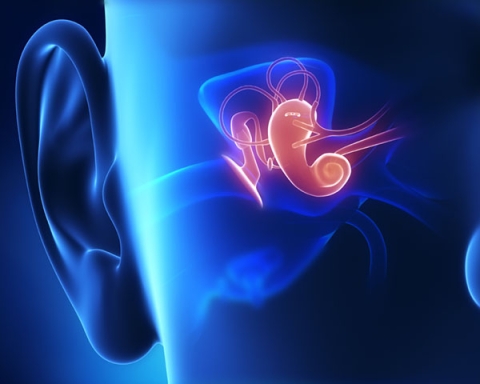
Inflammation of the balance nerve (vestibular neuritis) causes the nerve to stop functioning properly. Since our sense of being stationary depends on a balanced input from both inner ears, if the balance nerve on one side (the wire between the brain and the ear) stops functioning, this creates the perception of rotation to the healthy ear (i.e. vertigo). This vertigo will last several days, but steadily improve over time as the brain readapts (adjusts to the condition). It has been shown in clinical trials that oral steroid therapy is helpful in limiting the damage done by the nerve inflammation. In certain cases, central (brain) adaptation is slow or incomplete, and in these cases vestibular physical therapy, along with treatment of BPPV if present and discontinuation of vestibular suppressant medications ![]() (like valium or meclizine) can be helpful. Inflammation of the inner ear (as opposed to the balance nerve) is called labyrinthitis, and this causes hearing loss in addition to vertigo.
(like valium or meclizine) can be helpful. Inflammation of the inner ear (as opposed to the balance nerve) is called labyrinthitis, and this causes hearing loss in addition to vertigo.
